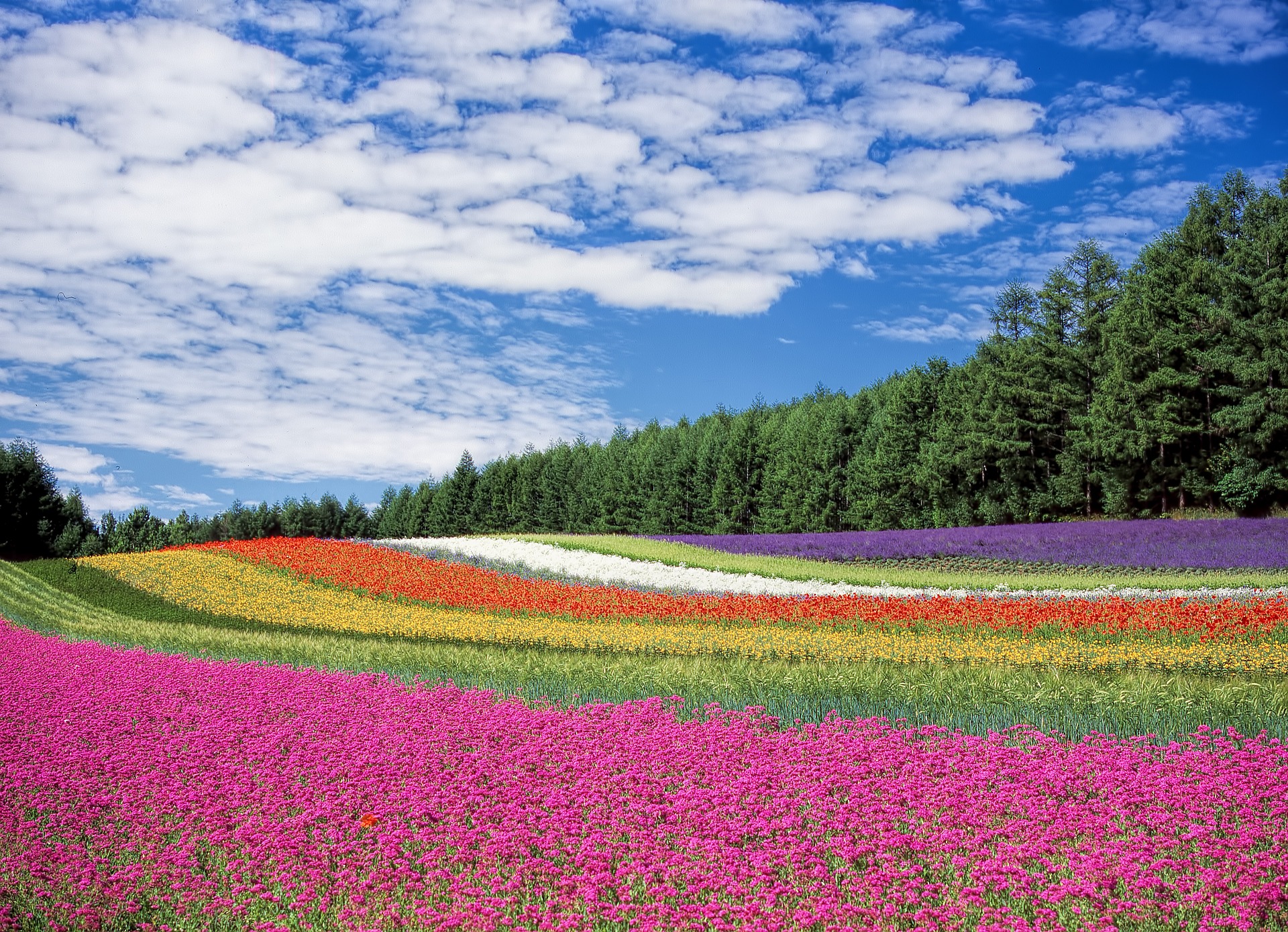
Ōtautahi – Where are the New Zealand start up entrepreneurs to launch something similar to a company in Kanpur, India, which is converting waste flowers that pollute the Ganges river into a vegan leather alternative.
Dubbed Fleather, the material is the brainchild of startup Phool. The company says it has captured the soft feel of lamb’s leather, but with none of the cruelty. And it should know, given that Kanpur is the hub of India’s leather industry.
Similarly to mycelium leather, which is currently being used by a slew of high-profile designers, including Stella McCartney, Fleather is made using bioreactors. This allows fungal microorganisms to grow into a material-like fibre.
Initially, Phool’s experiments with manufacturing conditions produced a thick fibrous material, not dissimilar to styrofoam, but it had a familiar feel. This led researchers to suggest it could be used to make a more delicate leather alternative.
Phool, meaning flower in Hindi, was launched in 2017 after its founder, Ankit Agarwal, saw so much rubbish floating in the Ganges. A vast proportion of the waste consisted of tonnes of flowers which were discarded as part of Hindu worship.
Having been used in religious practices, the flowers are considered sacred and cannot be thrown away with regular garbage. This leaves worshippers with little option but to throw their floral tributes into India’s most sacred river.
Despite being natural entities, the flowers are laden with pesticides, which leech into the river as they decompose. The result is a threat to both marine and human health, as many Hindu worshippers bathe in and drink the Ganges water.
Agarwal initially planned to convert the floral discard into incense sticks. However, the collecting and storing of flowers led to an accidental discovery that made the company change tack.
In the humid conditions, the flowers had begun to grow a microorganism-filled fungal layer that resembled a fibrous sheet. Some experimentation later, the company successfully produced feed cultures for the microorganism, allowing for commercial production to begin.
Through trial and error, Phool discovered that it could manipulate and process the fungal fibre to grow in thick sheets. This can be used to create a viable flower alternative to animal leather.
Phool began making Fleather in earnest in 2021 and has so far successfully prototyped bags, wallets, and shoes.
The material can be embossed to take on the appearance of exotic animal skins and natural dyes can be applied. Trials are said to have been successful, though more heavy-duty products, such as belts, are not yet possible. This is due to the material needing more strength.

